Cao Hongming went to Qinghai to carry out a follow-up survey on strengthening the construction of ecological civilization on the Qinghai-Tibet Plateau and actively responding to climate change
From September 6th to 10th, Cao Hongming, member of the Standing Committee of the National People’s Congress, vice chairman of the Overseas Chinese Committee, and vice chairman of the Zhigong Party Central Committee, led a team to Xining, Haibei Prefecture, and Hainan Prefecture in Qinghai to carry out "Strengthening the construction of ecological civilization on the Qinghai-Tibet Plateau and actively respond to the climate. Change" follow-up survey. During the investigation, Cao Hongming met with Gong Bao Tashi, member of the Standing Committee of the Qinghai Provincial Party Committee and United Front Work Minister, and Liu Tao, the vice governor of Qinghai Province, attended the investigation seminar.
During the investigation, the research team drove more than two thousand kilometers to Qilian County, Haibei Prefecture to inspect the black soil beach management point in Yeniugou Township and the ecological environment of Zhuoer Mountain, to Gangcha County, Haibei Prefecture to inspect the ecological environment of Qinghai Lake Fairy Bay, and to Hainan Gonghe County of the prefecture inspected the Photovoltaic Industrial Park, Longyangxia Power Station and the “Diversion from Yellow River to Jining” project, inspected the Qinghai Tibetan Medicine Culture Museum and Jinhe Tibetan Medicine Group in Xining, and held research seminars with relevant departments of Qinghai Province Have a discussion.
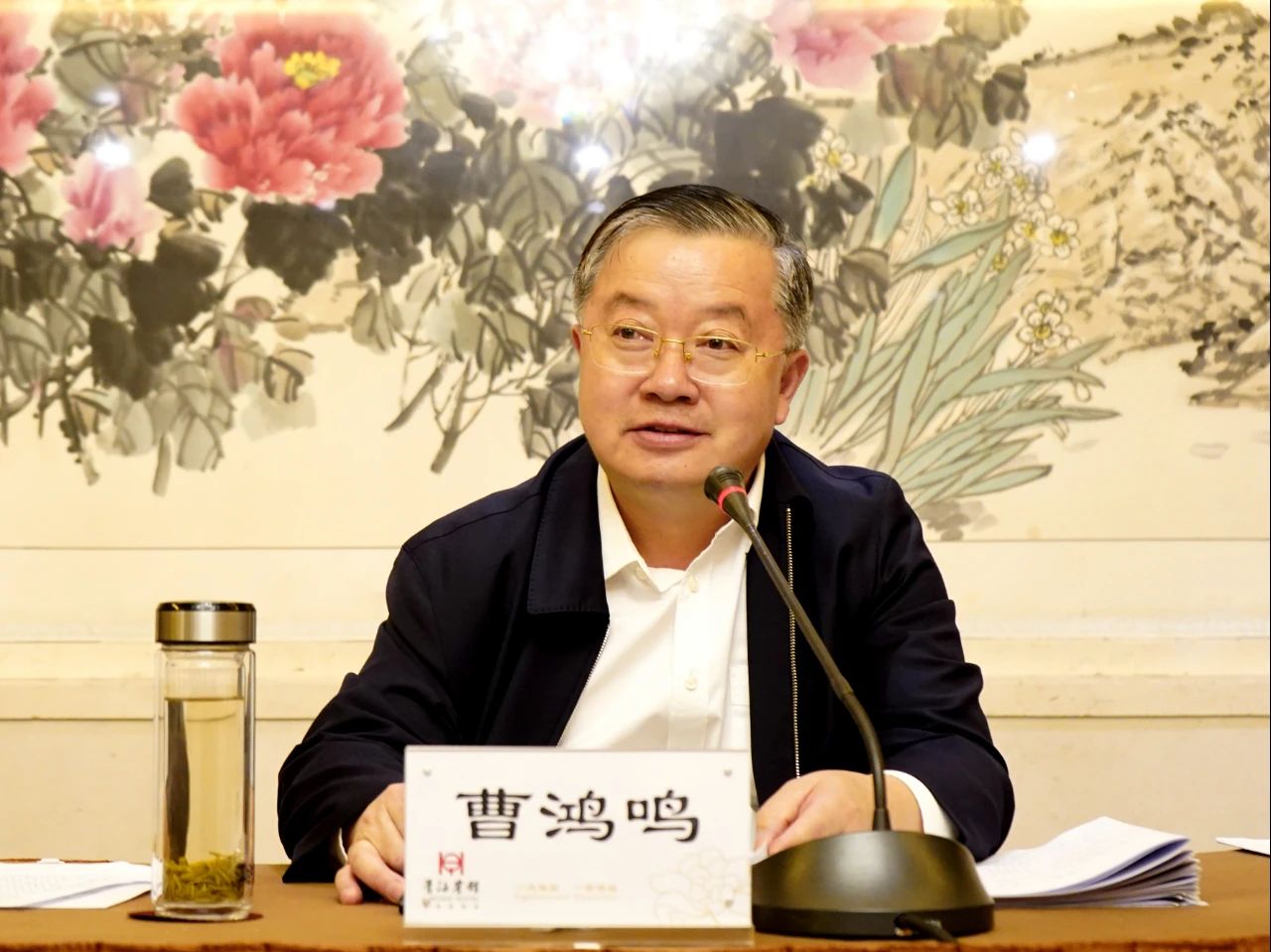
Cao Hongming attended the forum and delivered a speech
Cao Hongming fully affirmed the work and achievements of Qinghai Province in strengthening the construction of ecological civilization on the Qinghai-Tibet Plateau. He pointed out that “strengthening the construction of ecological civilization on the Qinghai-Tibet Plateau and actively responding to climate change” is a key survey commissioned by the CPC Central Committee by the Zhigong Party Central Committee in 2018. Chairman Wan Gang attaches great importance to it, personally leads the team, and instructs the Zhigong Party Central Committee to continue to carry out Follow-up investigation, this year is the third investigation conducted by the Zhi Gong Party Central Committee on this subject. After the previous research results were reported to the Central Committee of the Communist Party of China and the State Council, they received great attention from the leaders and relevant ministries and commissions, and strongly promoted the construction of ecological civilization on the Qinghai-Tibet Plateau. After the survey is over, the results of the survey will also be reported to further promote good practices, research on difficult areas, and things that need to be done.
Cao Hongming emphasized: First, continue to strengthen the construction of ecological civilization on the Qinghai-Tibet Plateau. It is necessary to stand on the political height of the "big nation" and continue to promote the restoration and protection of the ecological environment; strengthen scientific research on ecological safety, establish a plateau ecological climate database, and reveal the mechanism of plateau environmental changes; strengthen the comprehensive observation system and capacity building, and establish and improve the Qinghai-Tibetan Multi-circle comprehensive three-dimensional observation network for the atmosphere, glaciers, snow, frozen soil, lakes, forests and grasses of the plateau, the Tibetan plateau biodiversity system monitoring system, and the plateau climate change risk early warning system. The second is to speed up the exploration of the path to achieve carbon peak and carbon neutrality. Relying on the advantages of Qinghai's clean energy resource enrichment, vigorously develop renewable energy such as wind, light, and water, and support scientific and technological innovation, explore innovative leadership, complementary water and light, and coordinated development to build a green and low-carbon circular development economic system; improve the ecosystem The carbon sink function, grasping the "window period" brought about by the warming and humid climate of the Qinghai-Tibet Plateau, scientifically implement forest and grass vegetation restoration and protection. The third is to tap ecological value, develop traditional Chinese and Tibetan medicine, and strengthen research on plateau medicine. Combining production, teaching and research, and timely transforming research results into medical technology and clinical applications; relying on the unique natural endowment conditions of the Qinghai-Tibet Plateau, strengthening the protection and utilization of medicinal resources, insisting on the combination of scientific and technological development, ecological protection and cultural inheritance, and promoting the high quality of Chinese and Tibetan medicine develop.
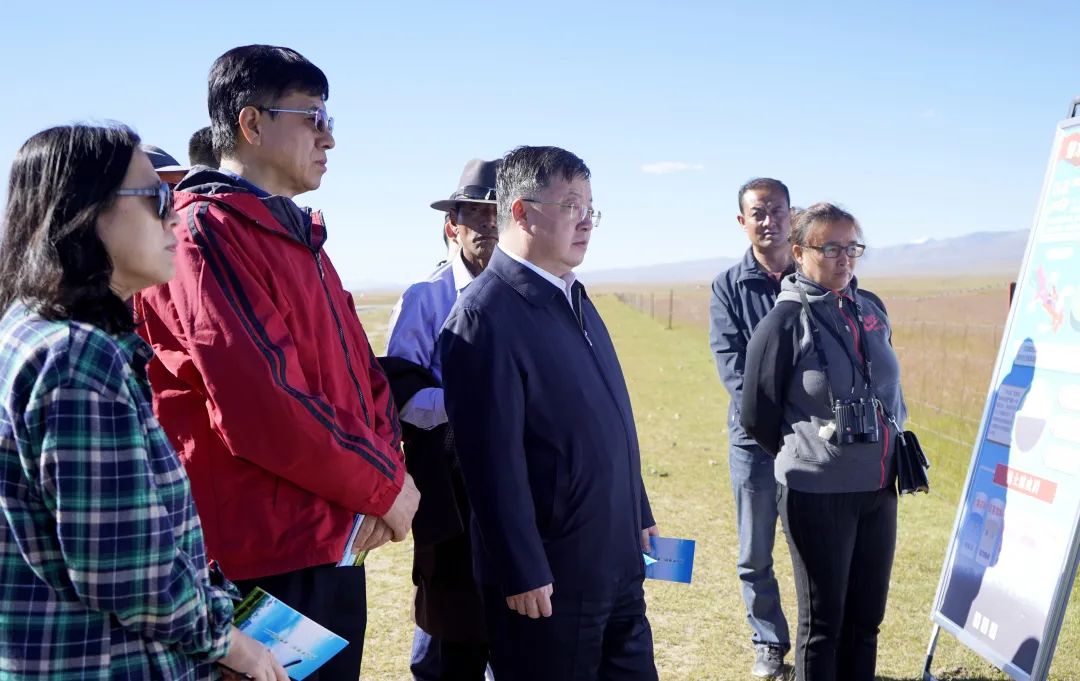
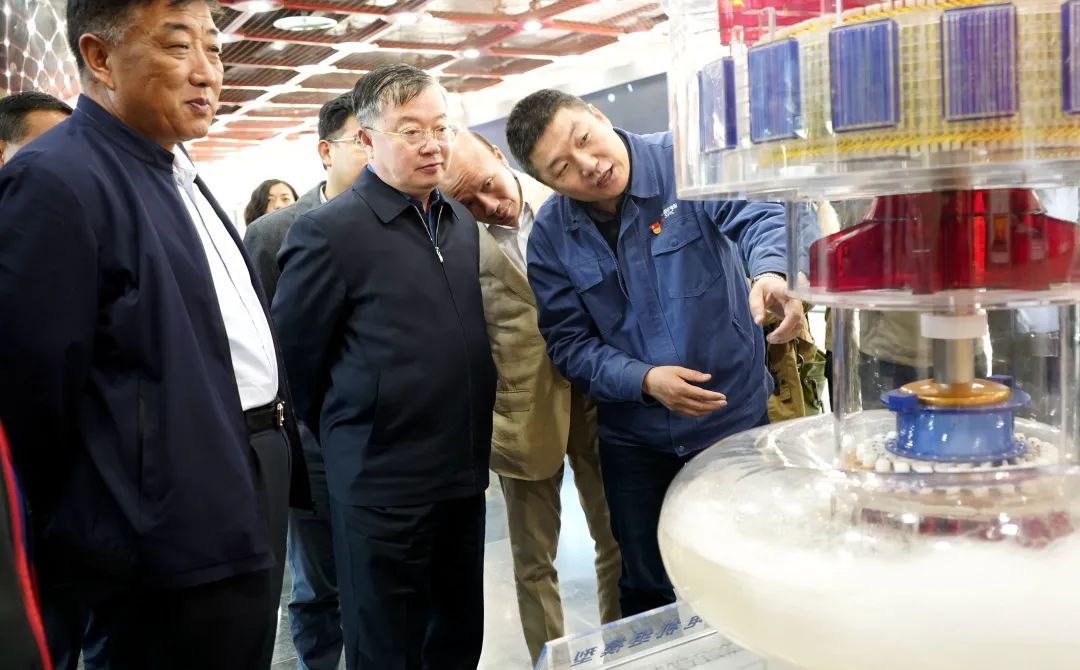
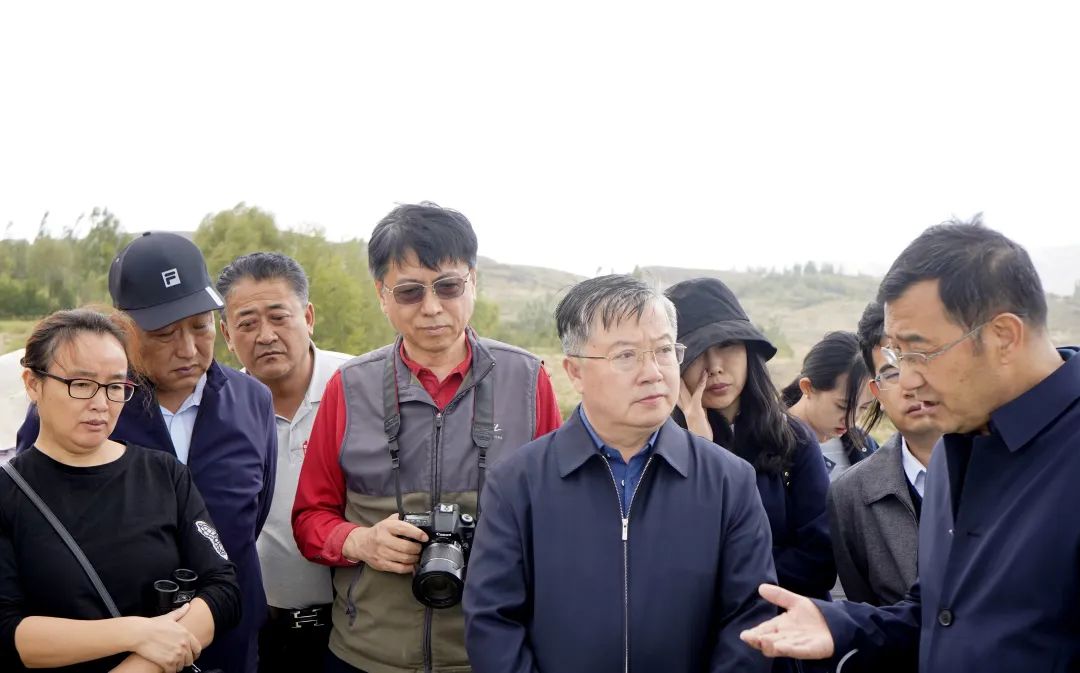
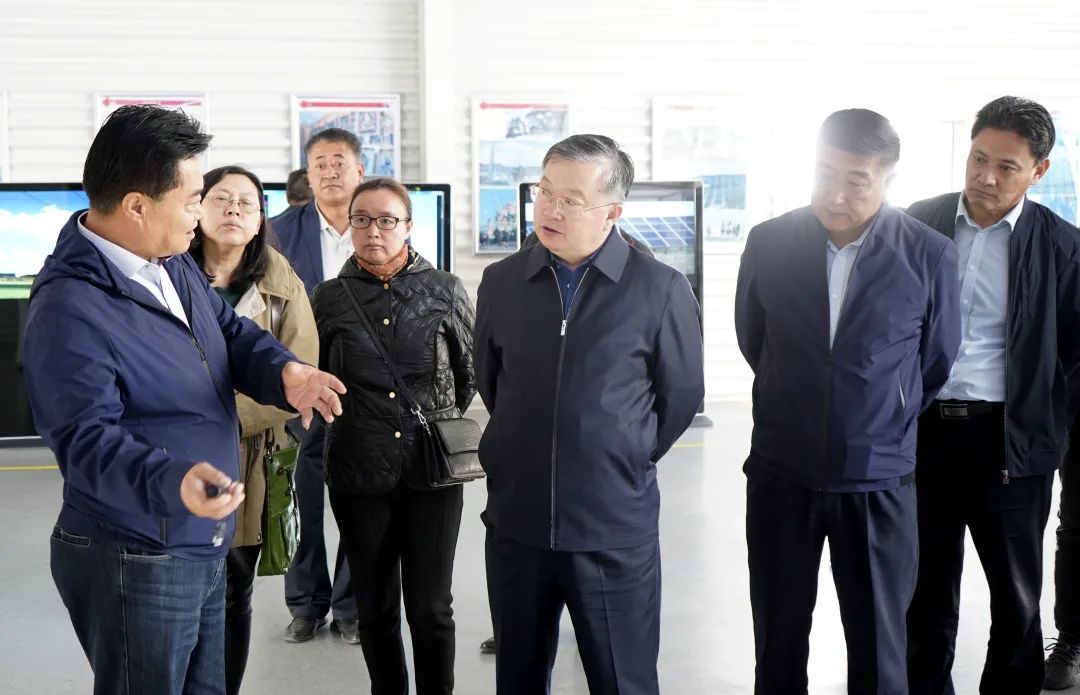
Field visit by the research team
Li Guozhong, executive vice minister of the United Front Work Department of the Qinghai Provincial Party Committee, presided over the research seminar. Researcher Zhao Xinli of the China Science and Technology Exchange Center, Chen Zhihua, Director of the Cooperation Division of the Climate Department of the Ministry of Ecology and Environment, Dong Peiyong, deputy director of the Central Committee of Ecological Environment and Sustainable Development of the Zhi Gong Party, Nan Yin, deputy director of the Central Science and Technology Committee of the Zhi Gong Party, and Zhi Guo Lanping, Sun Yu, Xie Yan, and Li Xiang, members of relevant special committees of the Central Committee of the Communist Party of China and experts participated in the investigation.
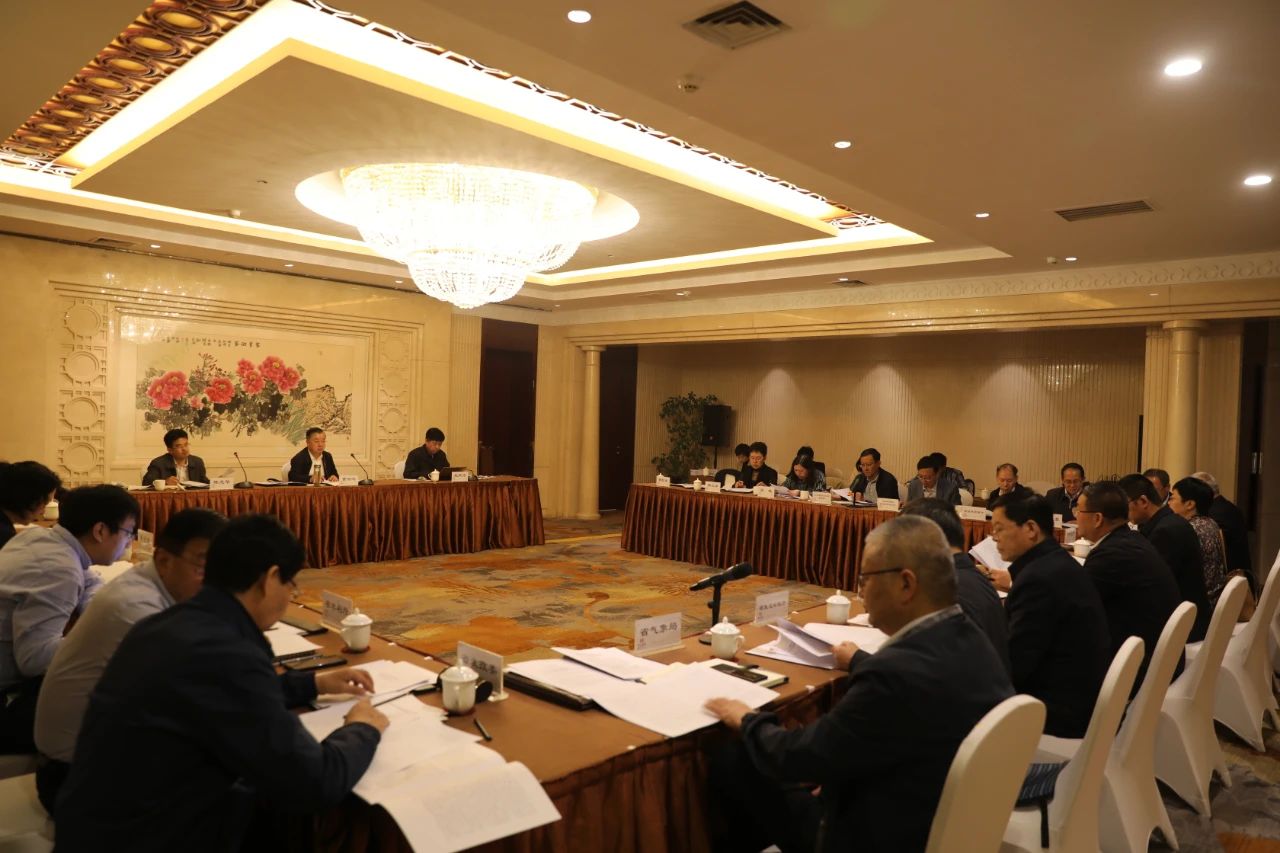
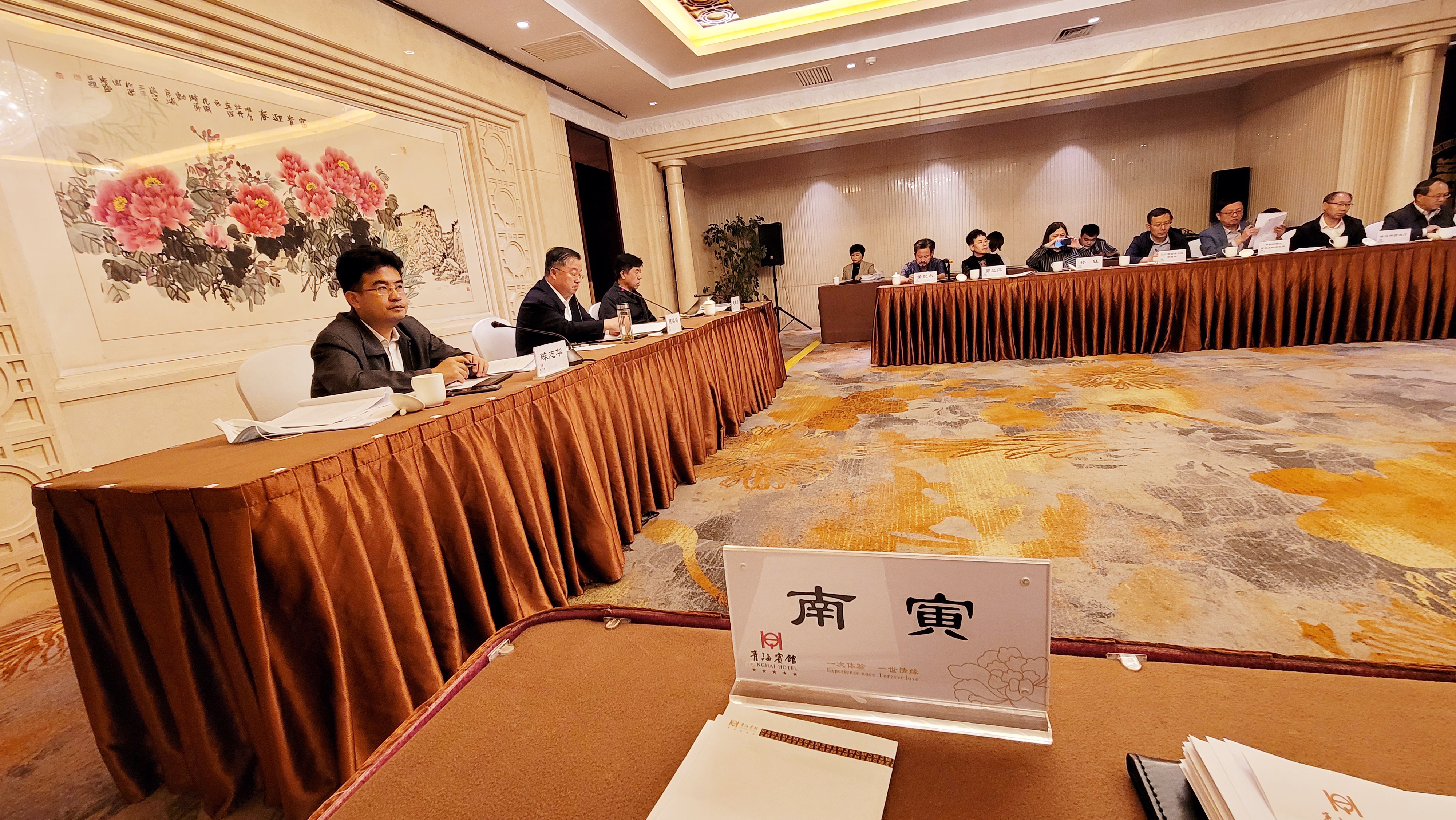
The scene of the symposium
Tong Ningxi, the second-level inspector of the United Front Work Department of the Qinghai Provincial Party Committee, Li Lin, deputy director of the Provincial Meteorological Bureau, and Wang Enguang, deputy director of the Provincial Forestry and Grass Bureau accompanied the investigation.
